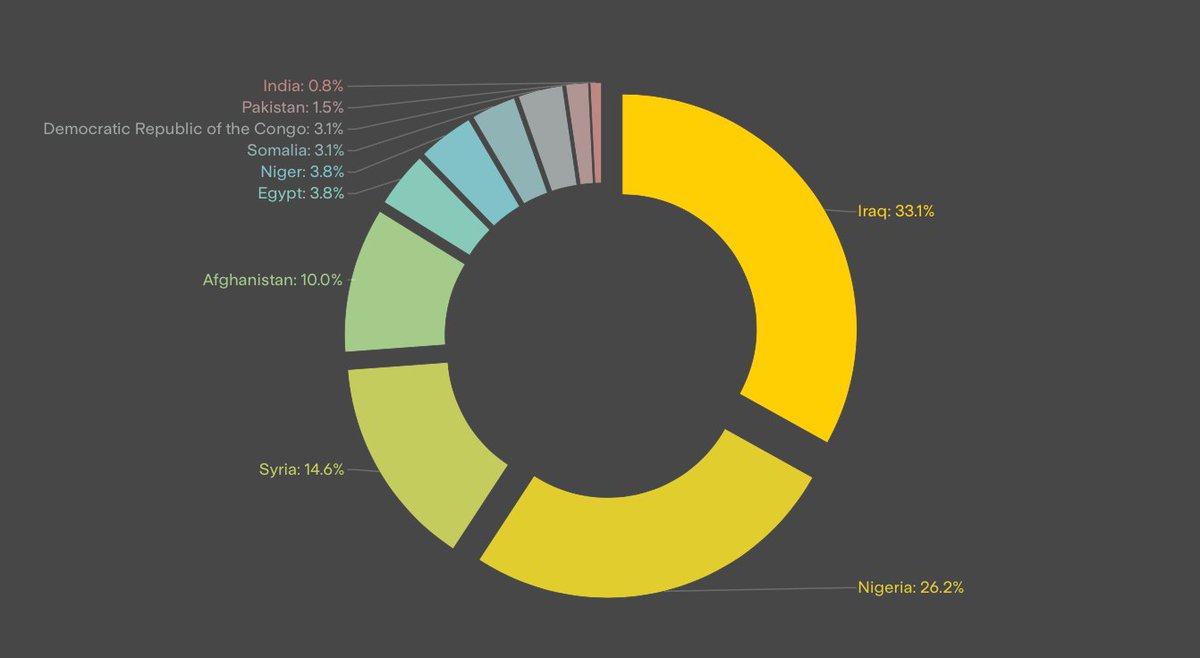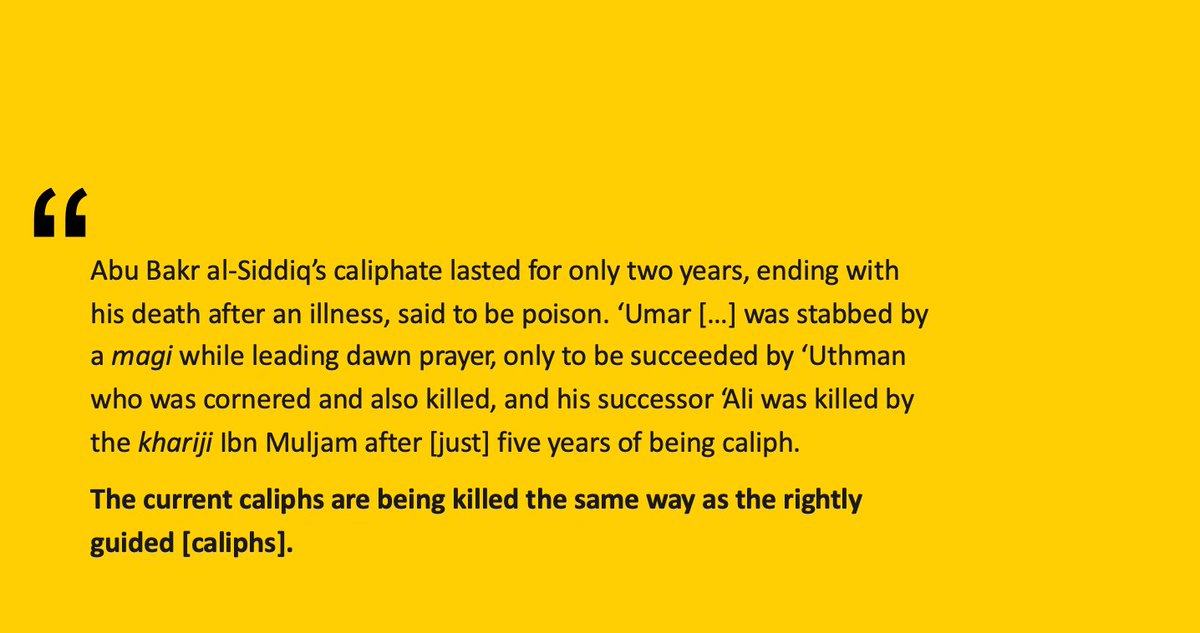
1. Over the last few days, we’ve been tracking a major new influence campaign being deployed by the #Taliban in #Afghanistan.
On 22 July, its networks on Twitter and Telegram were three times more active than usual – more active than they've been across all of 2022 to date.

On 22 July, its networks on Twitter and Telegram were three times more active than usual – more active than they've been across all of 2022 to date.


2. This surge was the result of a defensive comms campaign aimed at legitimising the #Taliban, sparked when @Meta banned its media agencies, Bakhtar/RTA, last week.
In the wake of that, thousands started tweeting #BanTaliban in the hope that @Twitter would follow suit.
In the wake of that, thousands started tweeting #BanTaliban in the hope that @Twitter would follow suit.

3. Responding to this, the #Taliban launched its own campaign, #AfghansSupportTaliban, on 22 July.
Within three days, it was shared more than twice as many times as the initial anti-#Taliban hashtag (200k+).
Here’s where it all started.
Within three days, it was shared more than twice as many times as the initial anti-#Taliban hashtag (200k+).
Here’s where it all started.

4. In the 48 hours that followed, #Taliban officials and supporters flooded Twitter with ‘evidence’ that #AfghansSupportTaliban.
During that period, the hashtag was tweeted more than 189,000 times by around 4,000 accounts.
During that period, the hashtag was tweeted more than 189,000 times by around 4,000 accounts.
5. The #Taliban has gone to town with this.
Yesterday, its Urdu WhatsApp feed shared a visual purporting that over a third of those who tweeted in its support were based in the #USA.
(Location data collected in this way is notoriously incomplete, but this is still surprising.)
Yesterday, its Urdu WhatsApp feed shared a visual purporting that over a third of those who tweeted in its support were based in the #USA.
(Location data collected in this way is notoriously incomplete, but this is still surprising.)

(5a. We doubled-checked this data using the same software the #Taliban used, @Talkwalker, and got similar results: significantly more than a third of the accounts that tweeted #AfghansSupportTaliban in the last few days are 'located' in the #USA.) 

6. Notably, most posts containing “#AfghansSupportTaliban” originated from a relatively small number of accounts.
There was a lot of behind-the-scenes coordination.
You can see that in how concentrated its distribution (pink) was compared to that of #BanTaliban (purple).

There was a lot of behind-the-scenes coordination.
You can see that in how concentrated its distribution (pink) was compared to that of #BanTaliban (purple).


7. Moreover, the account that shared it most frequently is a fake, its profile pic pulled from a UChicago theatre website.
We can’t say for certain who's behind it, but the same pic was used by another fake ‘doctor’ pushing #Taliban comms around the takeover of #Kabul last year.


We can’t say for certain who's behind it, but the same pic was used by another fake ‘doctor’ pushing #Taliban comms around the takeover of #Kabul last year.



8. Whatever the case, it’s important to keep things in perspective.
This same network was more than twice as active when #Kabul fell to the #Taliban.
What we saw last week was significant hyperactivity, but nothing close to full capacity.
This same network was more than twice as active when #Kabul fell to the #Taliban.
What we saw last week was significant hyperactivity, but nothing close to full capacity.

9. We’ll be continuing to track this in the coming weeks.
Sign up at extrac.io for more information.
Sign up at extrac.io for more information.
• • •
Missing some Tweet in this thread? You can try to
force a refresh














